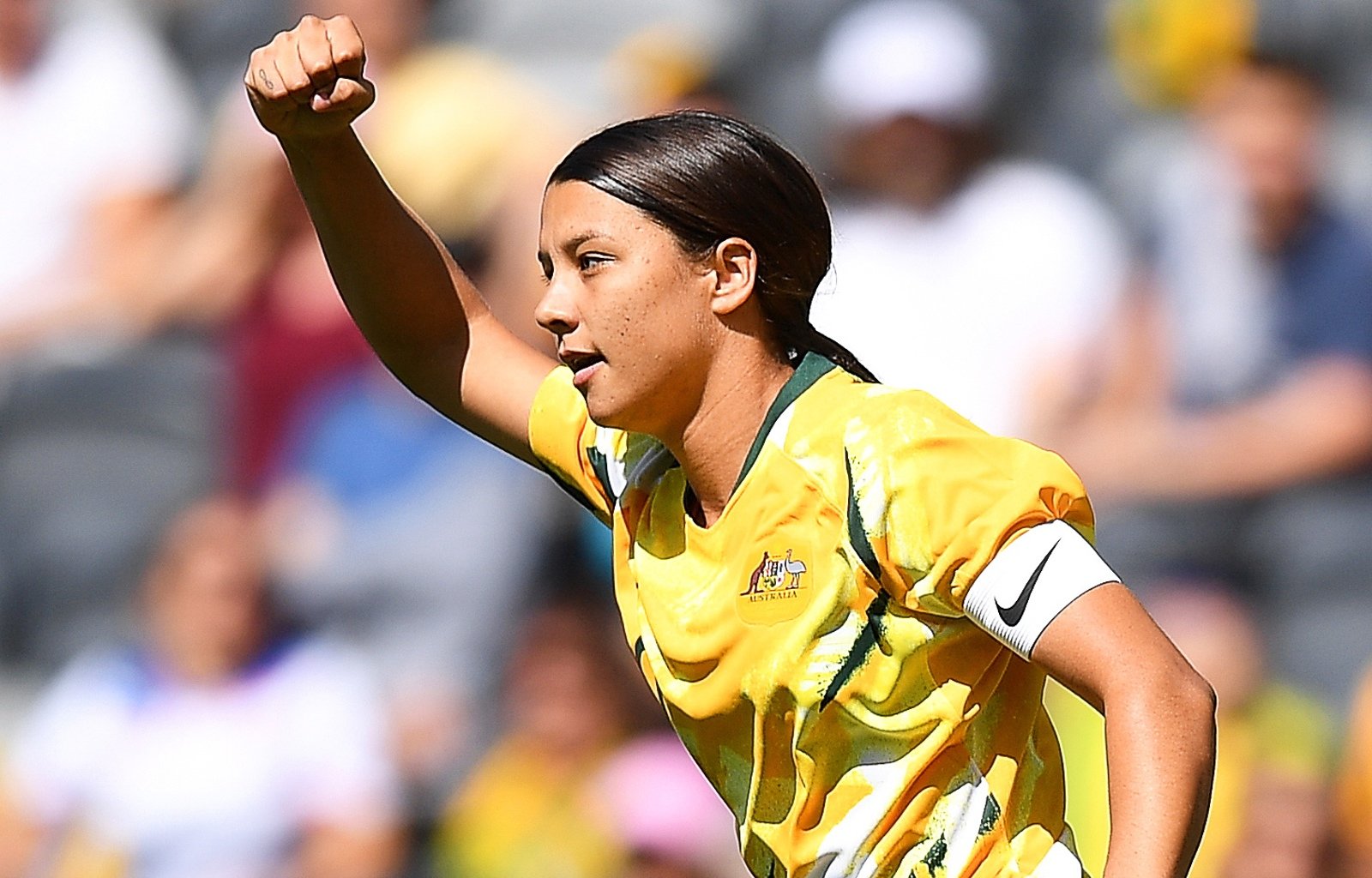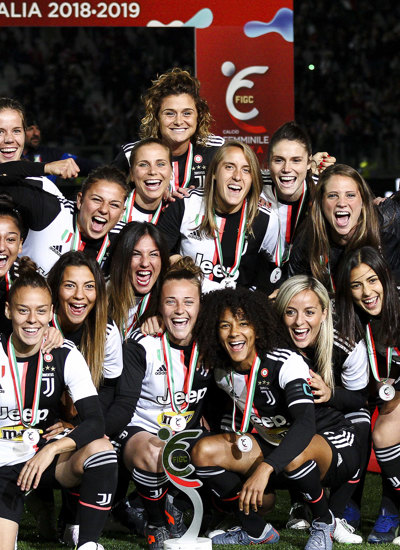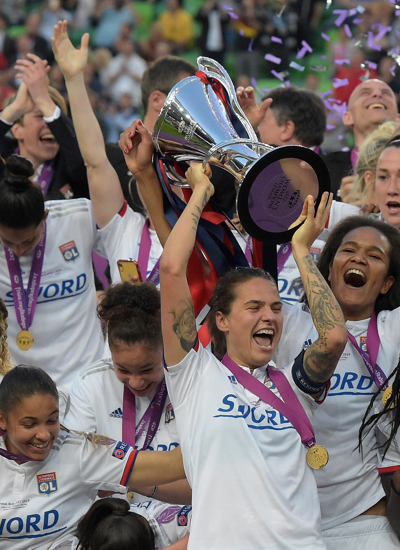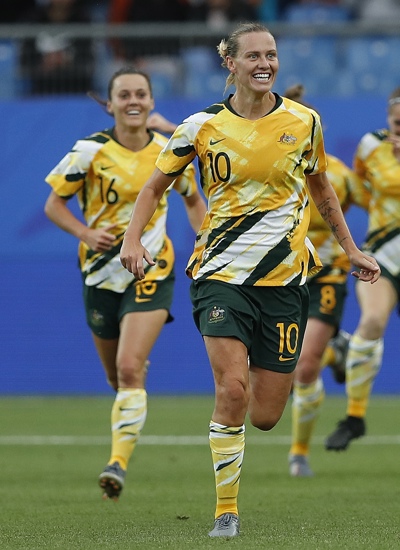
PFA Co-Chief Executive Kathryn Gill spoke to FIFPRO about the report.
(Cover image: Sam Kerr, who played for Perth Glory in the W-League, before moving to clubs in the U.S. and U.K.)
Why did you decide to produce The Next Step?
We are trying to encourage greater professionalism and improved Collective Bargaining Agreements in Australian football. The document as a whole serves as a strategic lens of the PFA’s work while driving for plans of action at the federation and club level.
FIFPRO’s Raising Our Game report advocates that innovative and attractive competition designs, general working standards and CBA’s would greatly benefit women’s football. That is exactly what The Next Step is in a domestic context: information to build a strategy and secure the continuing development of women’s football in Australia.
What we have done is conduct the necessary research and publish our recommendations to spark the right discussions with the Football Federation Australia (FFA) and clubs. The Next Step is a brainstorming document meant to act as a catalyst for action and change in the W-League, as well as strengthen the pathway to our national team, the Matildas.



